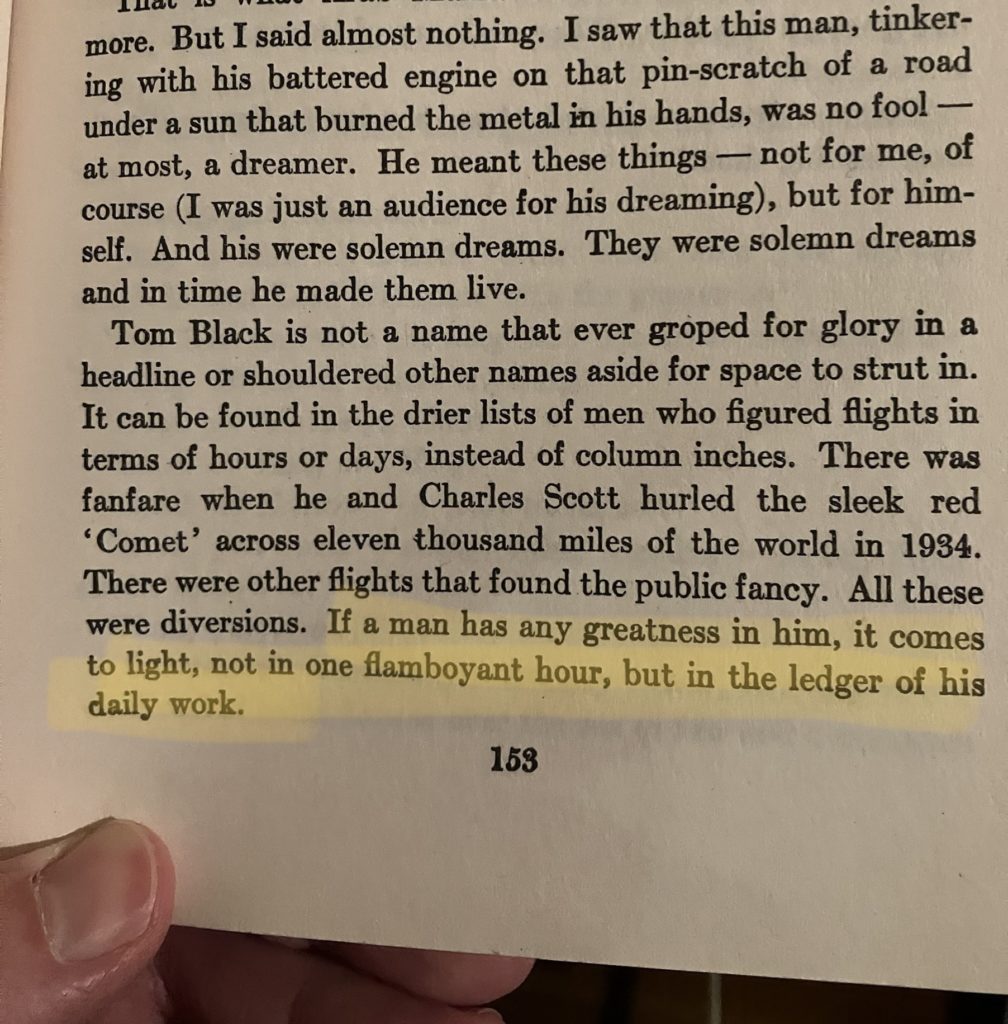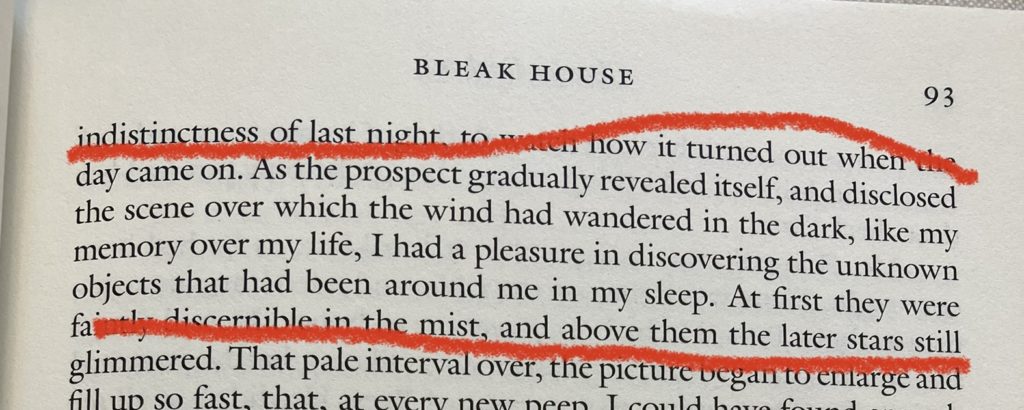Increasingly, I think when people are thinking of the metaverse or a mertaverse, they’re fixating on the wrong thing. There’s this funny notion that we need to recreate three dimensional space in a shared virtual online world.
In a sense, the metaverse is already here. It’s just a jumble of mobile apps, web sites, email, text messages, and anything else you can think of. I think that we don’t think of this as “the metaverse” because it’s what we’re used to. It doesn’t have the whizbang quality that we imagine from a science fictional universe. On rereading William Gibson’s Neuromancer trilogy recently, what struck me is how little people are wowed by any of the technology in it. It’s almost dull and blasé. It’s easy not to notice the water when we’re fish swimming in it.
The cyberpunk idea of the metaverse is trapped in the idea of mainframe computing. The idea that computers would be small enough that you would just carry them around in your pocket wasn’t something that occurred to those science fiction writers from the 80s. Even the 1999 movie The Matrix is trapped by this idea of thin terminals connecting to a centralized computing hub. What are Twitter and Facebook and all these other social media sites, but expressions of this same basic idea.
But our experience of our collective internet (which I think we need a better name for than metaverse… perhaps, noosphere?) is one of portable handheld devices and notifications and lots and lots of text. The podcaster Blindboy described Twitter as a massively multiplayer online roleplaying game (MMORPG) and I think that’s exactly right. We’re all playing in a metaverse already, whether we’re on one of the big social media sites or not.
Back in the early days of the internet, this would be the early 90s, I got my hands on internet access and joined my friends on a text-based roleplaying (not game) server called LambdaMOO. I don’t think I’ve ever experienced anything quite as thrilling as hanging out with my friends in this weird textual universe. The amazing thing about it was that I could change what I looked like, what my house looked like, how different things behaved, simply by typing words. I was pretty much only limited by my imagination and the time I was willing to put into typing out words.
As a compulsive reader, I understand the power of words to throw a person into another place. Through the power of my brain, I can enter into a virtual reality whenever I pick up a book. As I’ve been noodling around with various AI art and text generators lately, I think there’s an obvious opportunity here to create a text-based multiverse using (at the very least) AI text generators plus whatever creative juice lots of human beings can summon up.
Like a wizard, I imagine casting some spells to summon some AI creation to raise a tower from the ground. Then I can invite all of my friends to hang out there. Like a MySpace page, I can make it as cool or as janky as I like. Why not throw a music player in there? I feel like there’s a real opportunity to make something lo-fi and compelling that inspires the kind of creative noodling that’s available to anyone who can type some words on a keyboard.
In Xanadu did Kubla Khan
A stately pleasure-dome decree:
Where Alph, the sacred river, ran
Through caverns measureless to man
Down to a sunless sea.
So twice five miles of fertile ground
With walls and towers were girdled round;
And there were gardens bright with sinuous rills,
Where blossomed many an incense-bearing tree;
And here were forests ancient as the hills,
Enfolding sunny spots of greenery.
“Kubla Khan”, Samuel Taylor Coleridge
I’m pretty sure there’s nothing in a painfully hidebound 3D virtual reality space that’s going to conjure up as vivid a picture or as much emotional resonance as part of this poem from Coleridge, for example. I think we’ve been underestimating the great power of language. And it’s been hiding under our noses this whole time.
I’m not technically savvy enough to even know how to begin making some kind of textual metaverse (I say textual, but there’s no reason it couldn’t have images and video and a whole mess of other things, too), but it seems like an idea worth throwing into the void.


